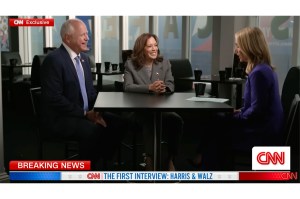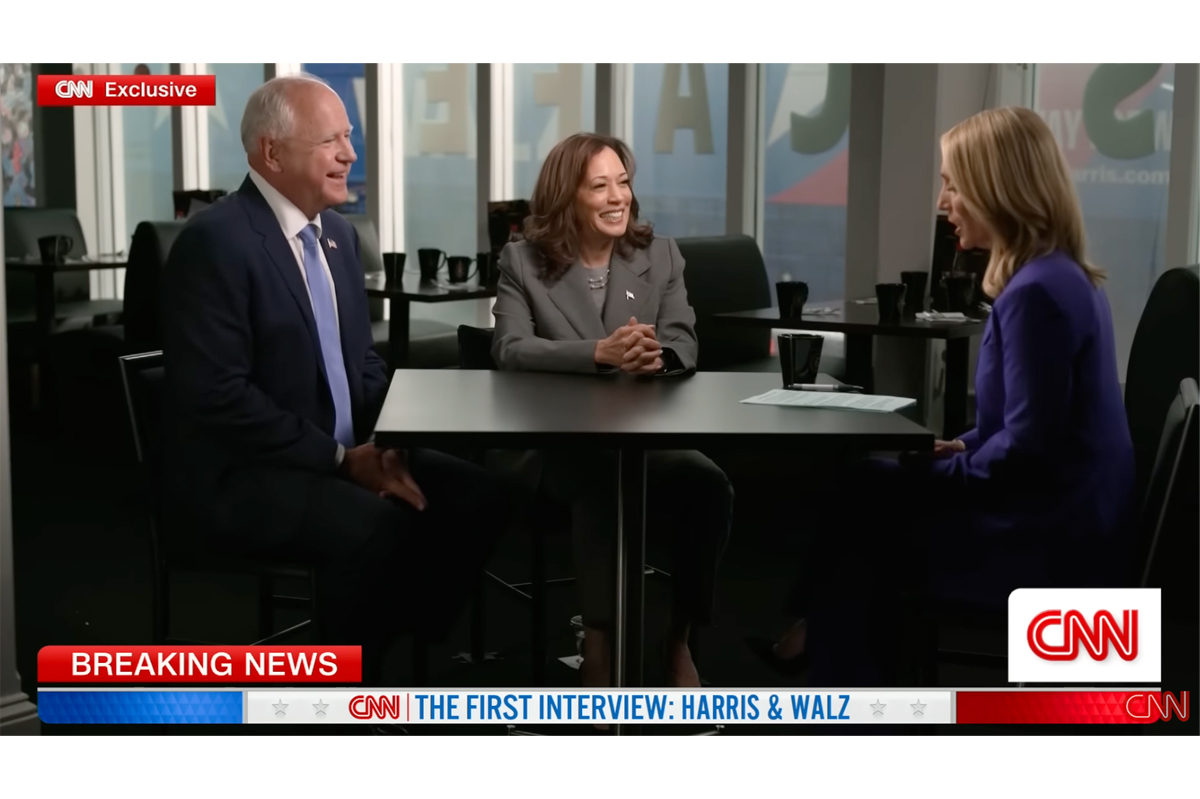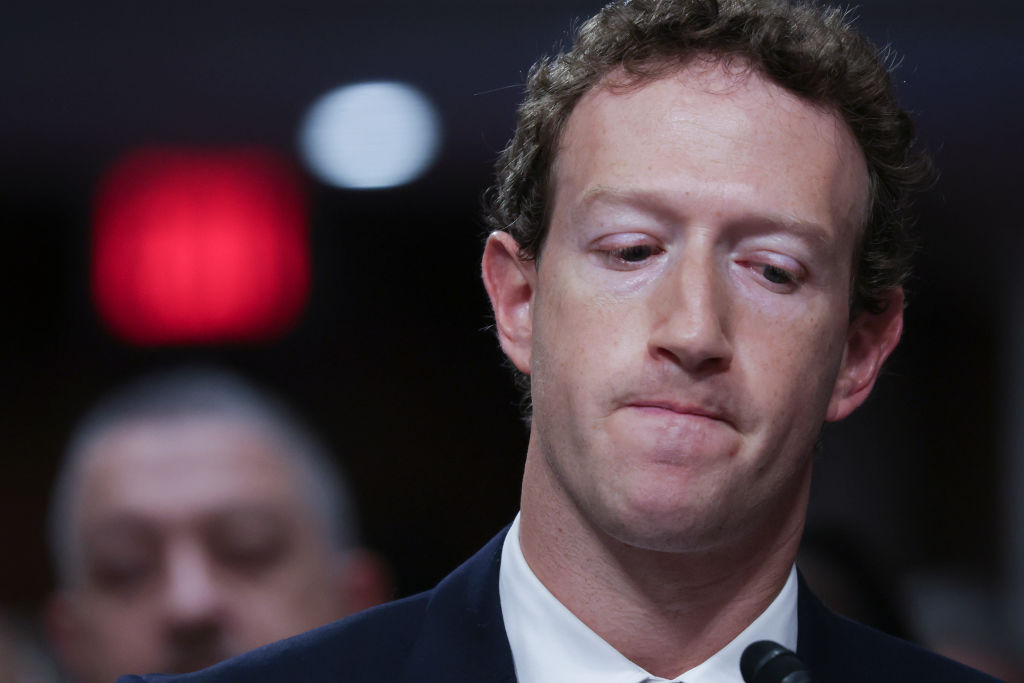In the end, the lesson of Nikki Haley’s run is that Donald Trump defeated every wing of the Republican Party along the way to becoming its champion. In 2016, he beat the avatar of Tea Party constitutional populism in Ted Cruz. In 2024, he bested the reformist culture war version of himself in Ron DeSantis, and then dispatched the post-George W. Bush-era form of suburbanite compassionate conservatism in Haley, who speaks in a combination of defense-industry jargon and Bible verses. He even brought the older era of Chamber of Commerce Federalist Society Reaganite to heel, with Mitch McConnell endorsing him today. Trump’s dominance over the GOP is total.
The problem Trump has, of course, is that he can’t win just with that authoritative GOP support. He needs a certain portion of Nikki Haley’s demographic in the six or seven key swing states that will make the difference in this election. That demographic has a strong resistance into being bullied into anything — well-educated suburban voters who are unenthused about an election where they hate both candidates nearly equally, for different reasons. These voters are the reason Glenn Youngkin, Brian Kemp and other Republican politicians who kept Trump at arm’s length were able to win, even over his animosity. As much as Republicans are used to threading the needle on these close national elections, Trump winning them over will dramatically increase his paths to victory.
So how do you do that? Tone is obviously one factor. The more Trump emphasizes winning through success and bringing people into the fold as opposed to driving people out of it and embarking on a mission of revenge, the better. Speaking seriously on issues like abortion and IVF matters. But the vice presidential choice has to be front of mind as well. If there’s one message to take away from Haley’s speech announcing her campaign’s suspension, it was: don’t pick Vivek, or anybody like him. Trump will have to weigh his tendency toward wanting to pick someone who stands as their own man or woman, and presumably the inheritor of the leading candidate for 2028, against the satisfaction of picking a Mini-Me.
What’s clear now is that there was no path for Haley within the Republican nomination once Ron DeSantis left the field. She needed him in the race to keep Trump’s totals lower and have any shot at states where she polled in the forties. It speaks again to the nature of the new populist coalition that makes up the GOP’s primary electorate that even a late-game injection of serious donor money couldn’t make a serious difference. The long-term question for the Republicans, though, is who can lead them after this cycle. Trump the individual has command of this new beast. But there will need to be others as well — and that’s definitely not Nikki Haley.


























Leave a Reply